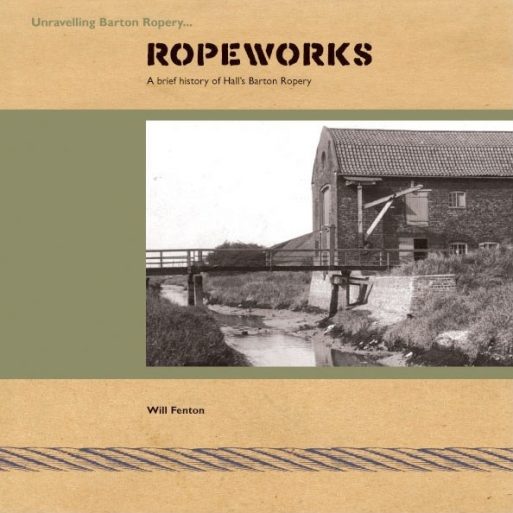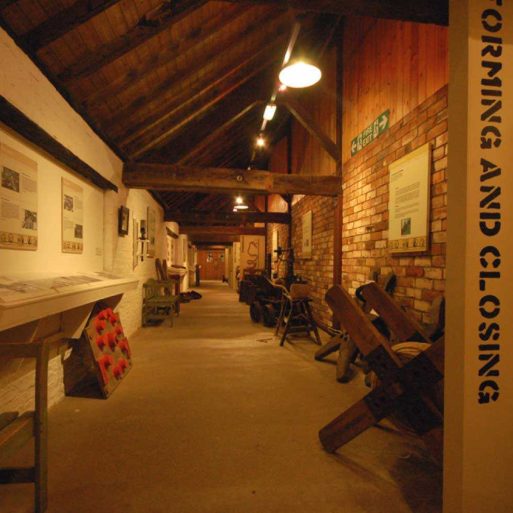Museum
The Ropewalk Museum pays tribute to the history of the rope making factory, Hall’s Barton Ropery, dates back to between 1800 and 1803 with the building of a “modern” rope works, including the characteristic “walk”” on the site after Thomas Hall and his son William purchased land on the east side of Barton Haven.
The foundation of the Hall-Mark company itself dates back to 1767 when the Halls, a wealthy ship-owning family from Hull, first became involved in rope making in Barton..
The Ropewalk Museum is part of The Ropewalk arts centre which is housed in the Grade II listed building which stretches a quarter of a mile along the length of Barton Haven. Now an Accredited Museum it contains displays, artifacts and other memorabilia associated with the history of the factory and its workforce.
What’s in the Museum
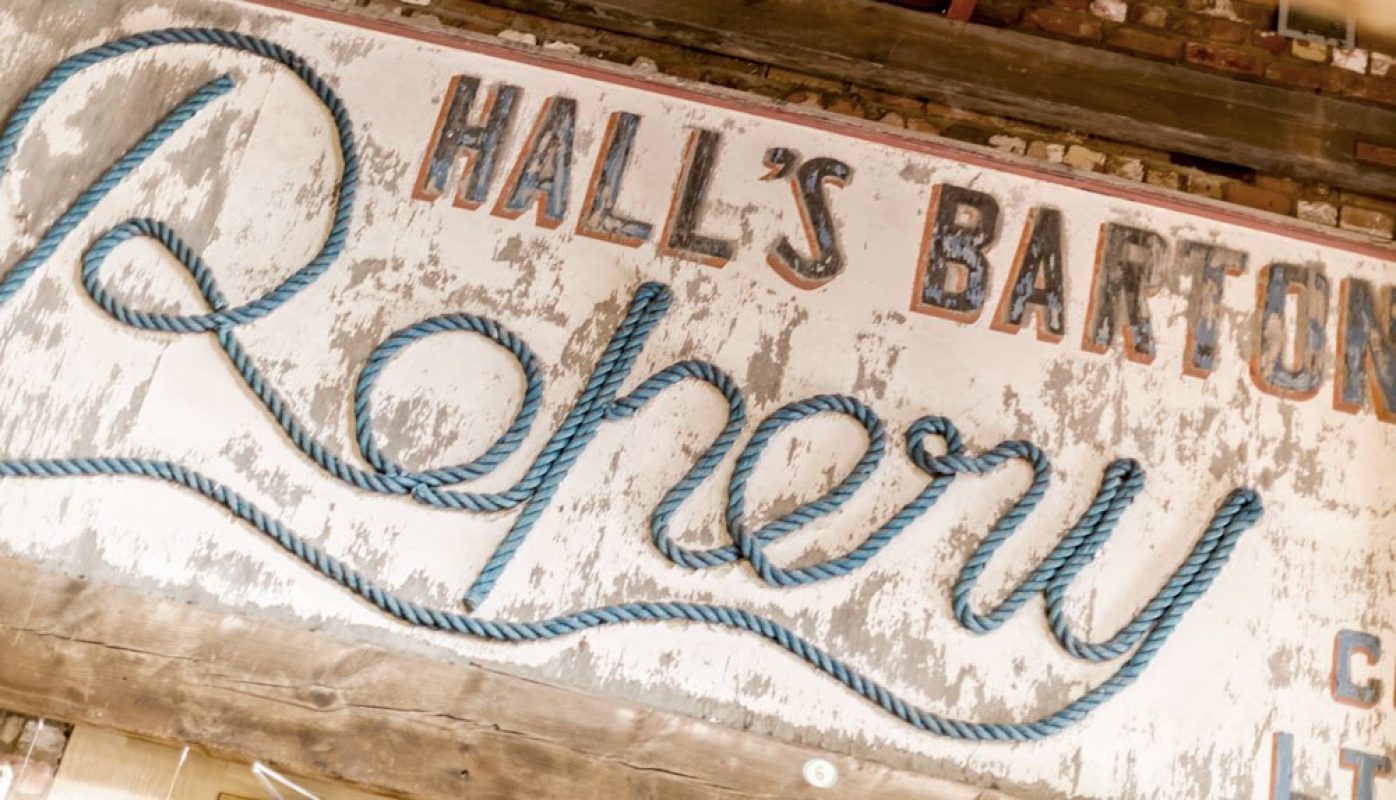
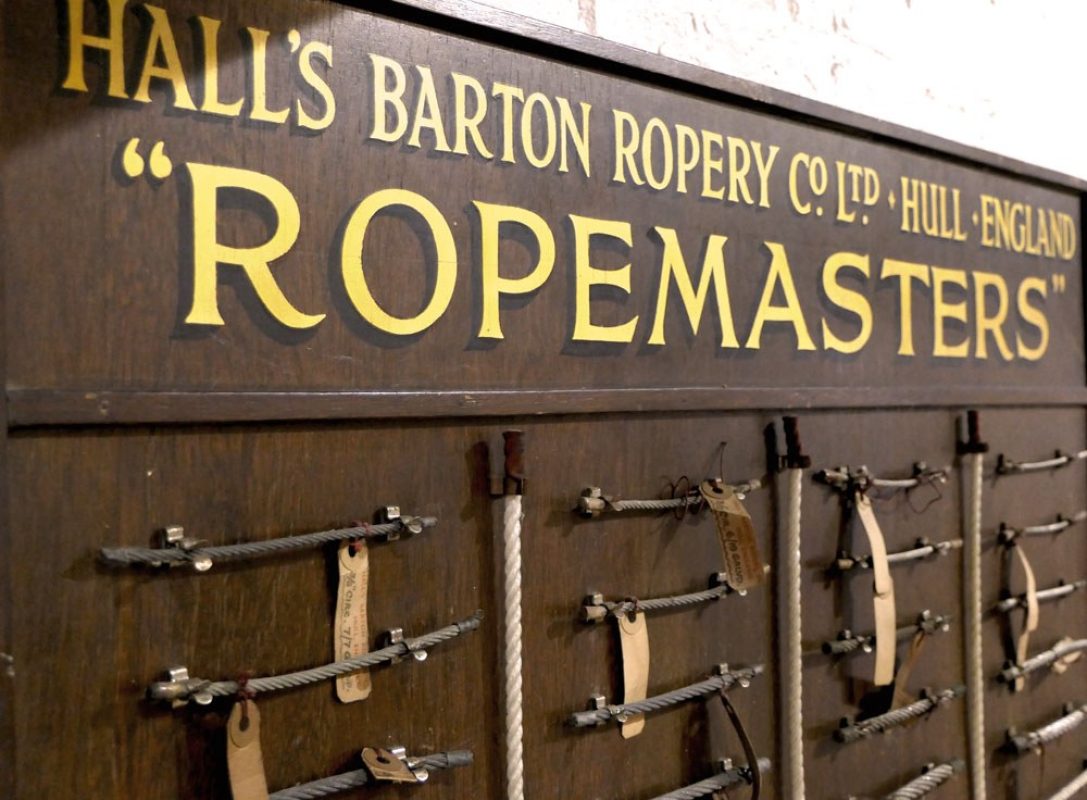
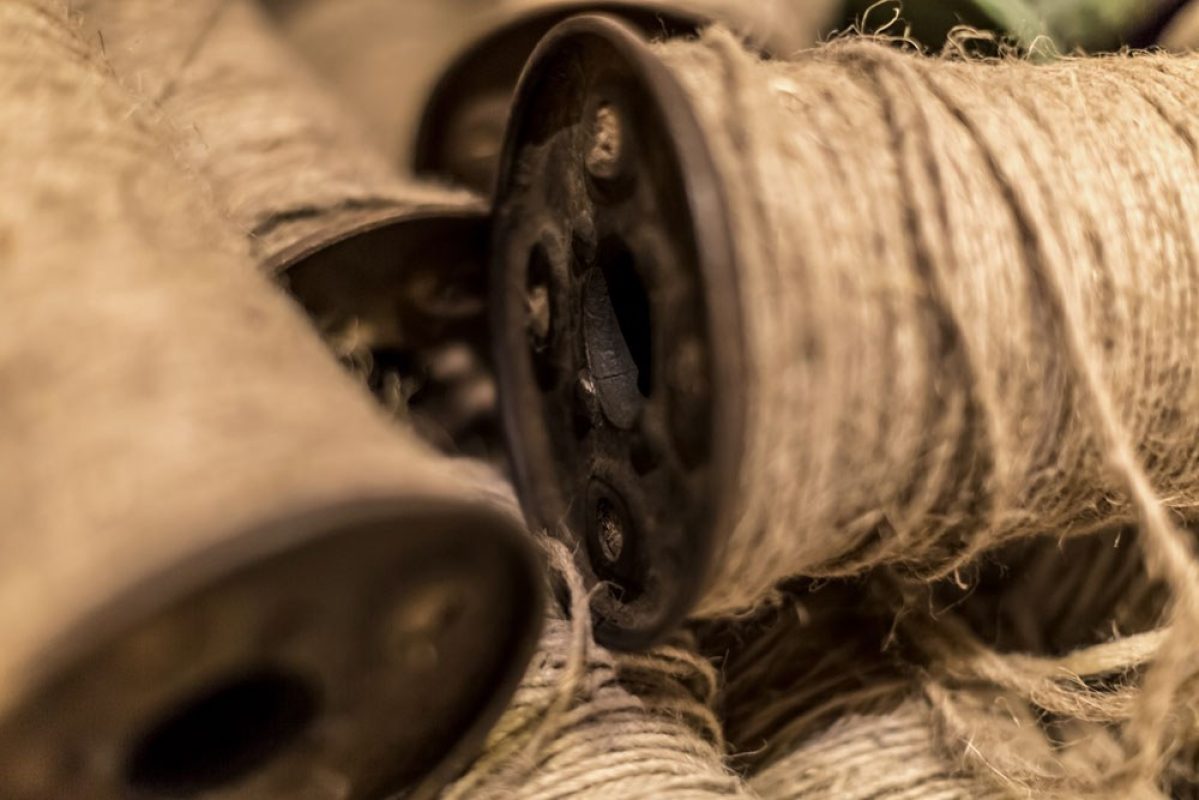
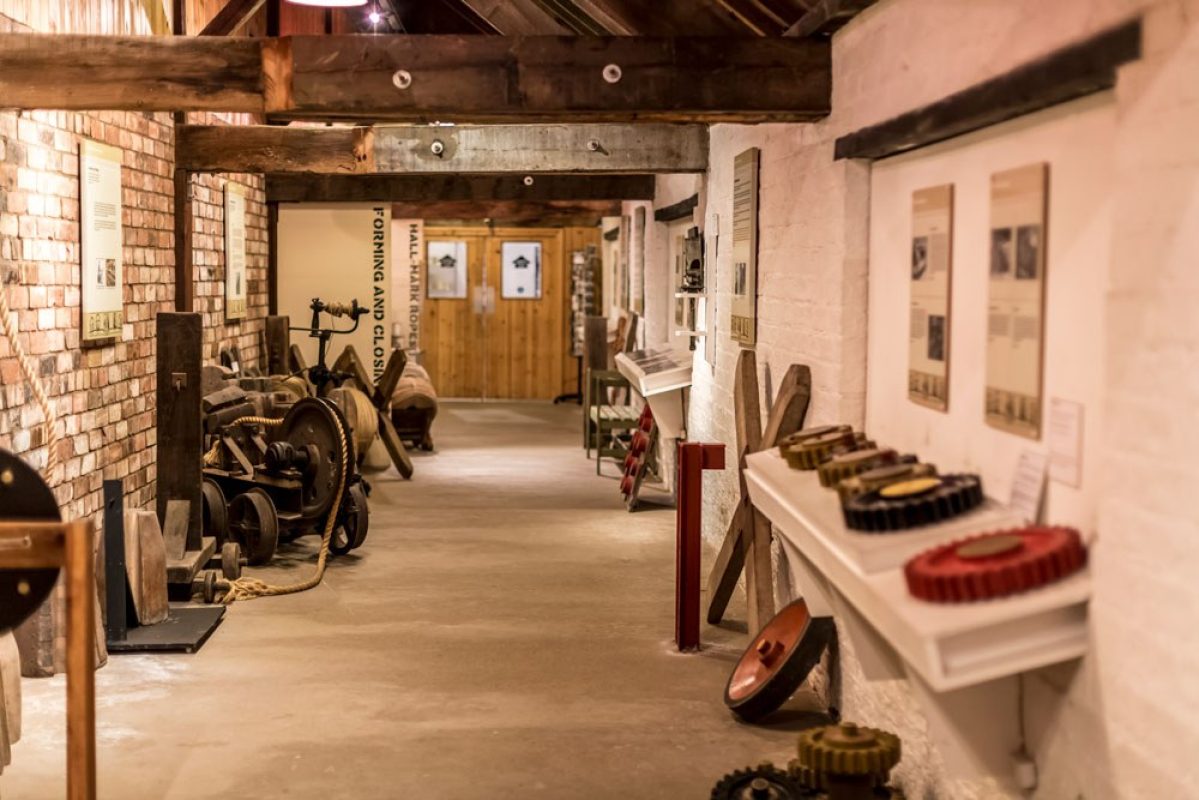
The museum is an ever growing archive of artifacts, literature and photographs that document Hall’s Barton Ropery from its origins set in the eighteenth century through to its final conclusion as a ropery business in the latter half of the twentieth century.
Hall’s Barton Ropery exported its ropes throughout the world and played an integral part in both the First and Second World War efforts, specifically supplying the United Kingdom and United States of America naval fleets with important ropes and shipping warps. The Ropewalk Museum presents a wonderful insight into the life and conditions of the Ropery workers and their families and what it was really like to be a part of an industry that has served to become central to Barton upon Humber’s rich heritage.
Some of the artefacts on display and in store were rescued when Hall’s Barton Ropery closed for the final time in 1989 while others were donated by former employees and their families.
In this section
Opening Times
10am - 5pm Tuesday to Saturday
10am - 4pm Sunday
Entry to the museum is free.
Contact Details
Museum
Unravel the history of Barton
Visit our heritage shop and buy online
Written by popular local historians, the Ropewalk shop stocks a range of books, journals and historical records documenting the Ropewalk's and Barton upon Humber's rich history.



